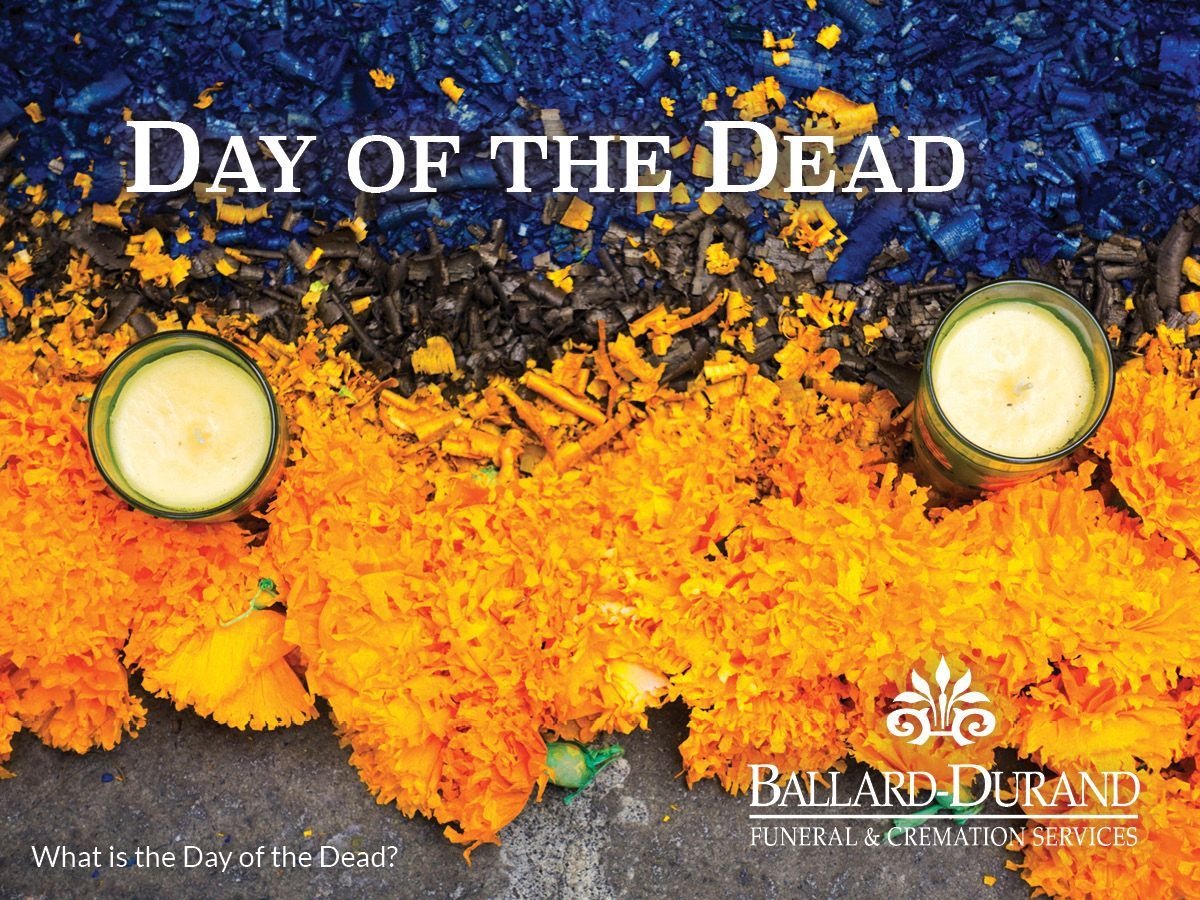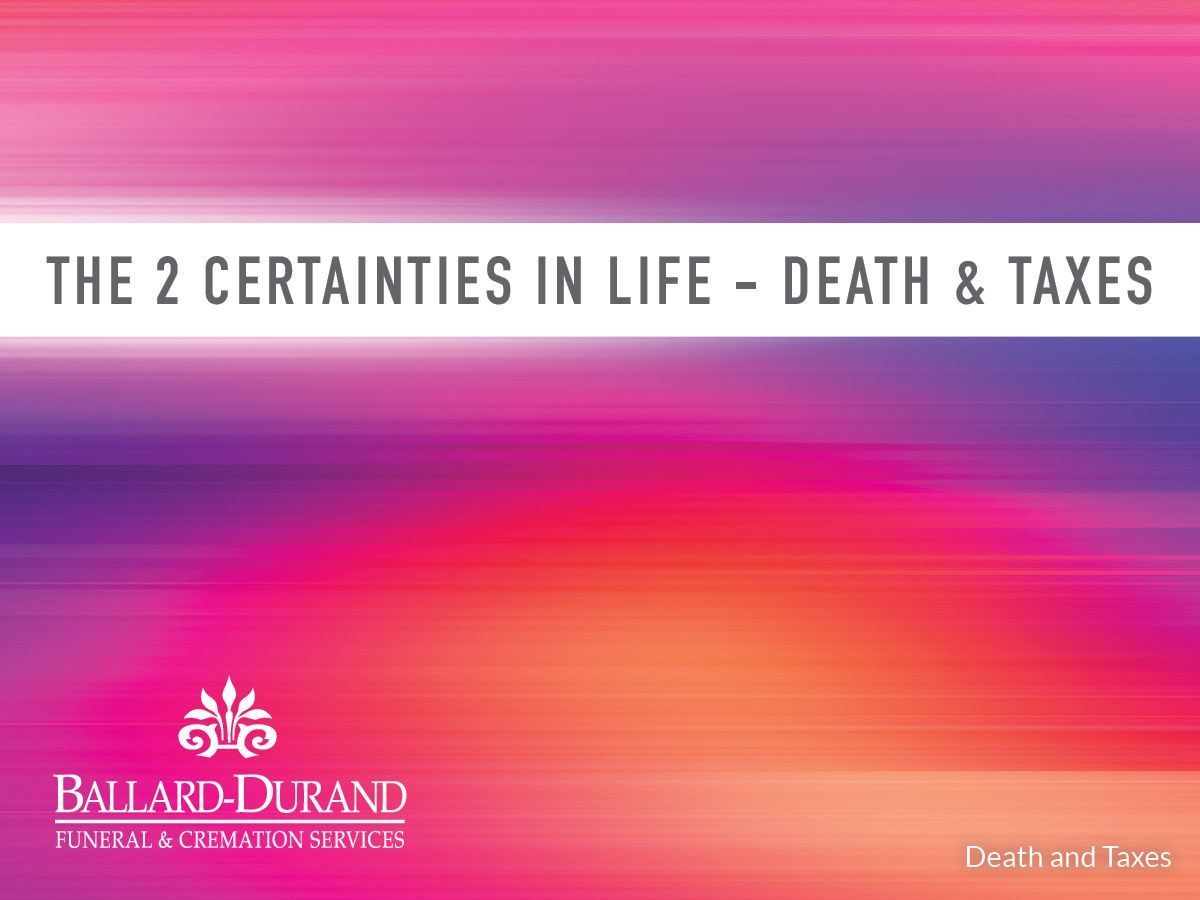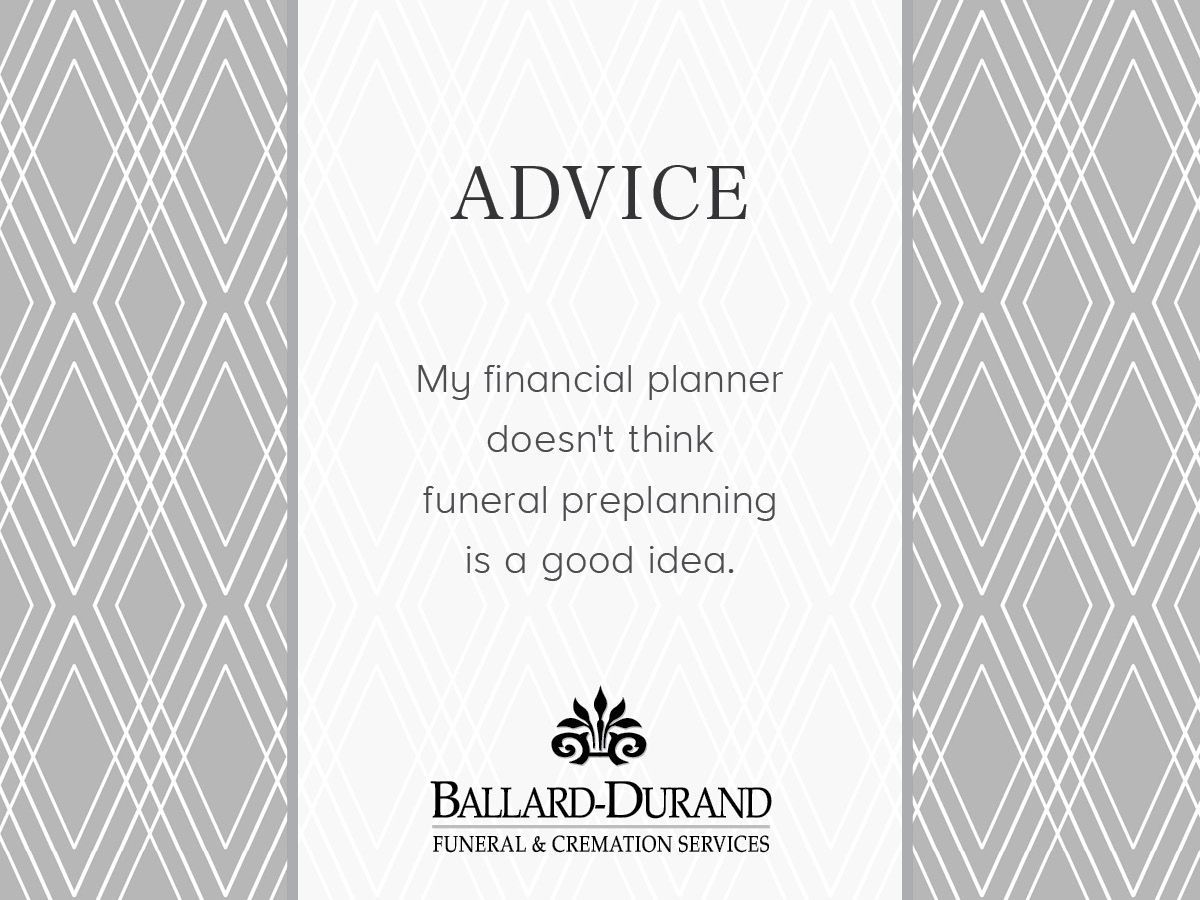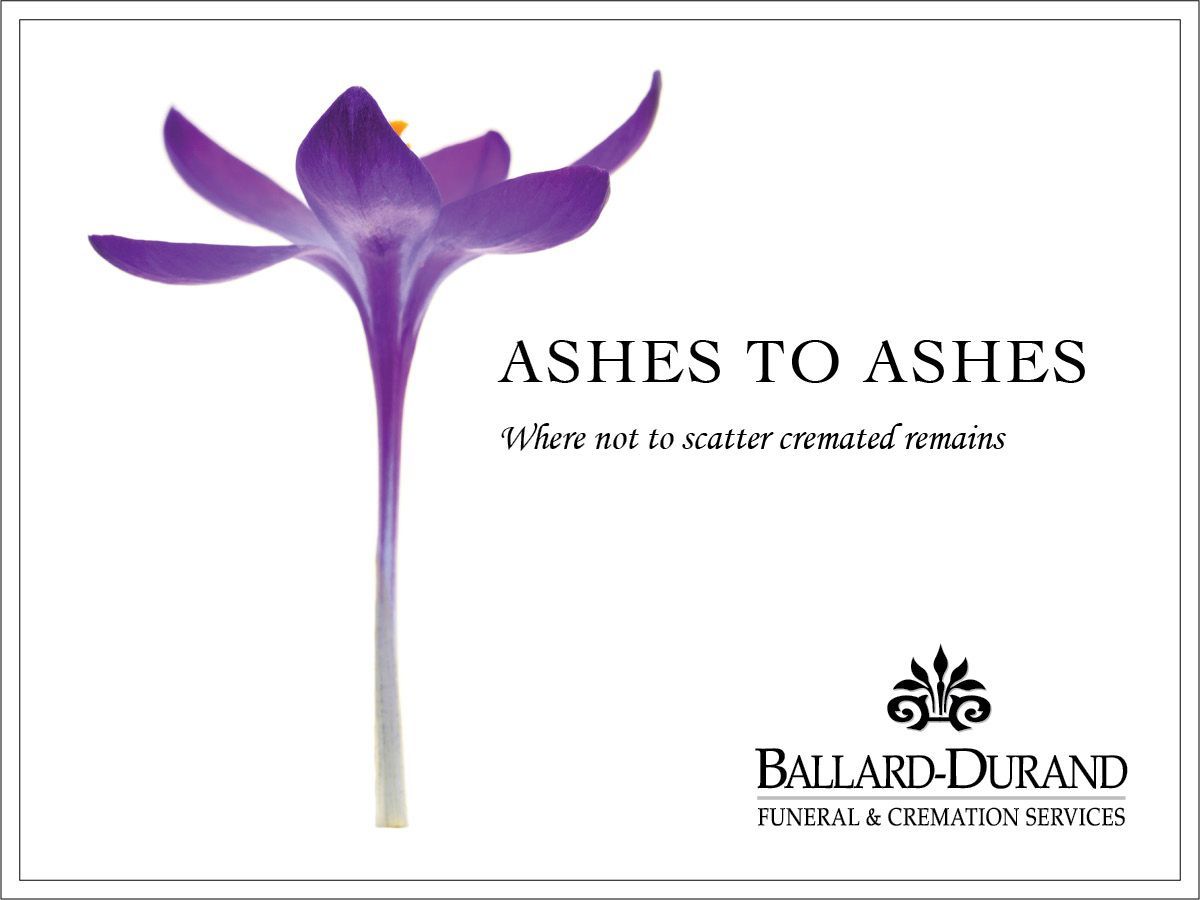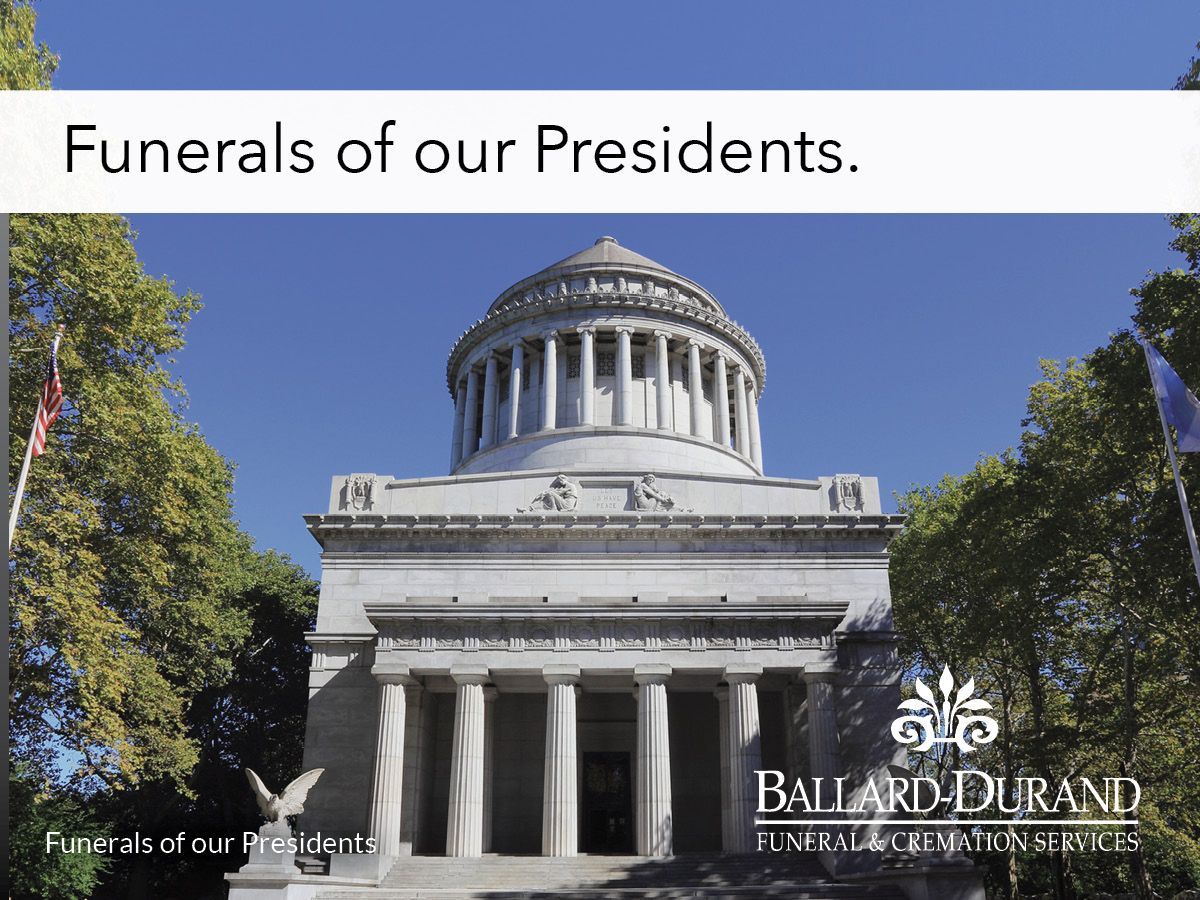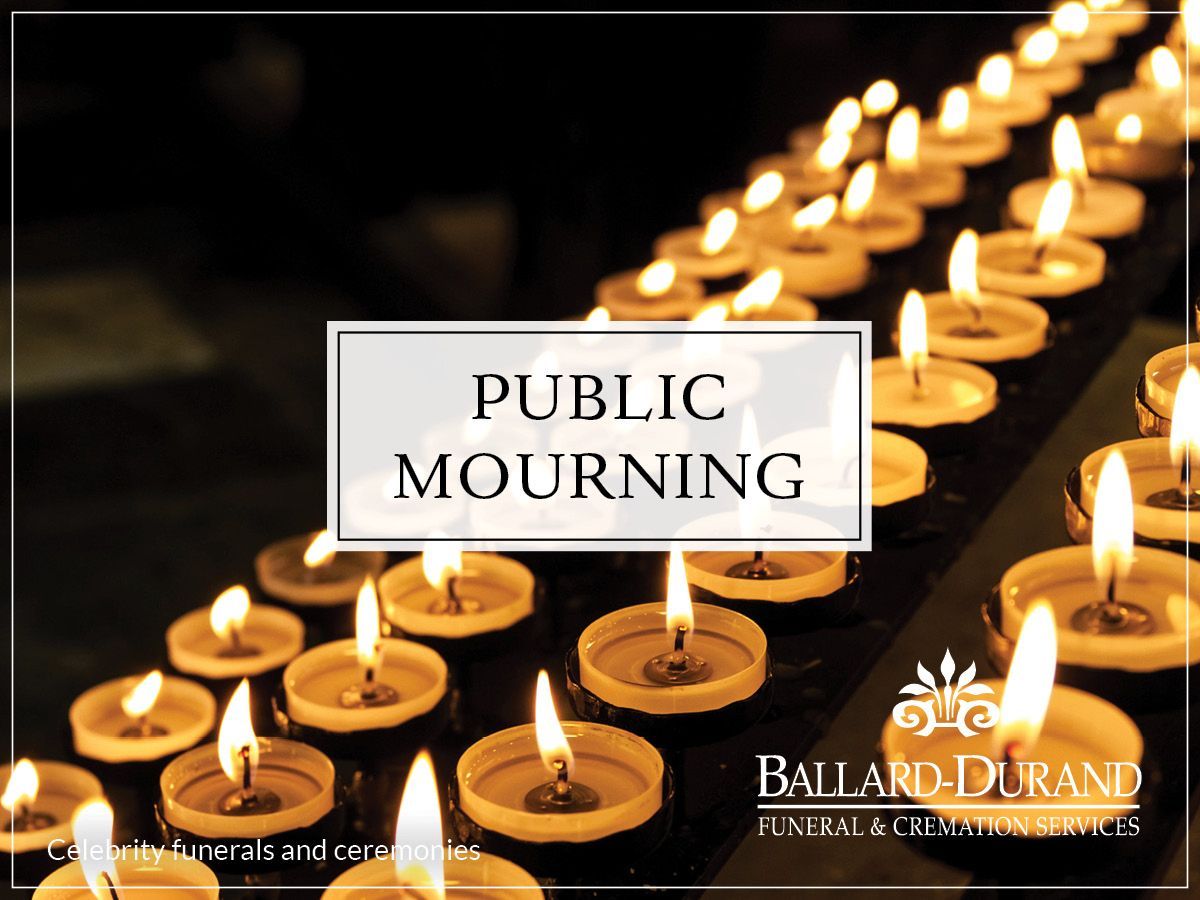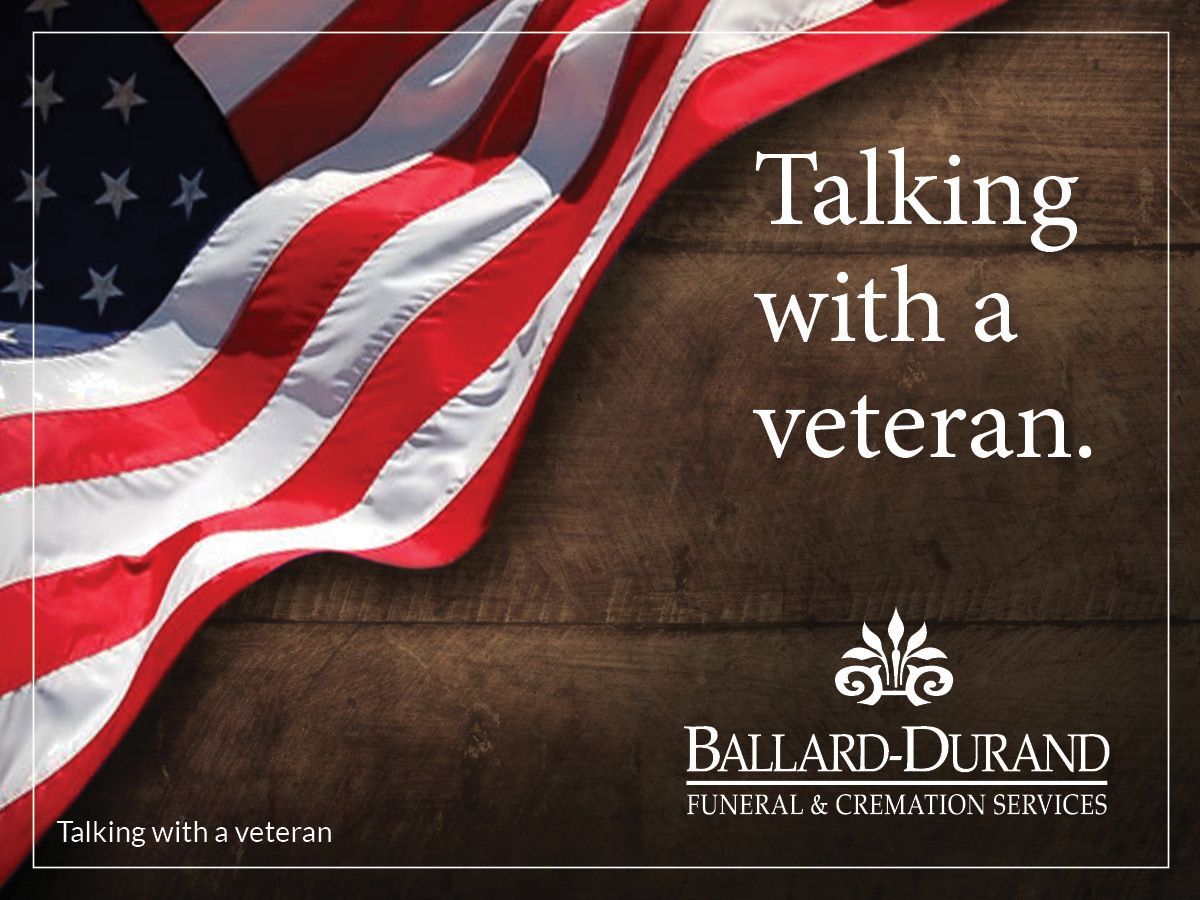Ten Freedoms for Using Ceremony During the COVID-19 Pandemic
by Alan D. Wolfelt, Ph.D.
If someone you love has died during the novel coronavirus pandemic, you have come to grief in an exceptionally challenging moment in history. You may have been separated from your loved one as they were dying. You may have been unable to view or spend time with the body after the death. You may have been prevented from having the full funeral you wanted because of gathering and travel restrictions. And people who care about you may not have been able to be near you to support you in your grief. These and other pandemic-related barriers to the cultural grief rituals we rely on may be making your grief journey especially painful.
I am sorry you have been so deeply affected by this hardship.
As a grief counselor and educator, I know that ceremony helps mourners through the early days and weeks of their grief and can also support their healing in the months and years to come. Funerals are for the living. When funerals are personalized and rich in elements that are meaningful to friends and family, they help mourners set off on a healthy mourning path.
But if you couldn't have an immediate funeral because of the pandemic, or if the ceremony you were able to have felt incomplete or unsatisfactory, I want you to know that you can still use ceremony to help you and others who are mourning this death. I hope these ten freedoms provide you with affirmation and ideas.
The funeral does more than acknowledge the death of someone loved. It also helps provide you with the support of caring people. It is a way for you and others who loved the person who died to say, "We mourn this death, and we need each other during this painful time." If others tell you that funerals are unnecessary or old-fashioned, don't listen. They simply haven't been educated about all the reasons why humans have relied on funerals since the beginning of time.
If you were not able to have a bedside ceremony, funeral, committal, or any form of service shortly after the death, you can choose to have a private ceremony right now. Ask a spiritual leader, officiant, family member, or friend to help you plan a simple online meeting using Zoom, Teams, or another tool. You can also hold a small candle-lighting ceremony at your dining-room table.
Especially if you couldn't have the ceremony you wanted at the time of the death, you can still hold one or more memorial ceremonies in the months to come, when gathering and travel restrictions are lifted. Remember that a delayed ceremony is a much healthier choice for your family than no ceremony.
Ceremony helps grieving people heal. And multiple ceremonies are especially helpful in supporting families through complicated loss circumstances such as yours. For example, you might have an online ceremony now followed by a full ceremony and gathering later this year and then a smaller graveside or scattering ceremony on the anniversary of the death. You will find that each time you hold a ceremony, your grief softens and integrates into your ongoing life a bit more.
Keep in mind that any ceremonies you plan can and should be customized to honor the unique person who died as well as meet your unique family's needs and wishes. There are no real rules about what you should or shouldn't do, and your ceremony can be spiritual, religious, or secular-whatever you wish.
Because of the challenging and limiting circumstances in which your loved one died, you may be experiencing heightened anger, anxiety, guilt, regret, helplessness, despair, and other difficult feelings in addition to your normal grief. Remember that your feelings are naturally complicated because the situation is complicated. Talking out your feelings regularly with a trusted listener will help.
You may feel "stuck" in this pandemic moment, unable to carry out all the actions you would like to in honor of the person who died, but you still have the freedom to lean upon your memories. During this dormant time, gathering photos, video clips, memorabilia, and life stories will help you acknowledge the reality of the death and honor the life that was lived. Sharing memories with others will help everyone as well. Then, when it comes time to have a memorial service in the coming months, photos and memories will already be prepared.
The isolation you may be experiencing as a result of the pandemic is not conducive to healing. You need and deserve the support of others during this challenging time. Others mourning the death need support as well. So, even if you can't gather in person with others right now, you can still reach out for and accept support. Talk openly and honestly with the people in your home and be as empathetic as you can. To communicate with others outside your home, video calls are probably the best substitute for face-to-face conversations. Voice calls come second. After that, emails, texting, and social media work too. And don't forget the power of the handwritten letter! The point is to stay connected as much as possible AND to be open and honest in those communications about whatever it is you are feeling or struggling with at the moment.
Funeral and memorial ceremonies can have lots of moving parts and may require a good deal of planning. Many hands make light work. You can ask several people to help with the planning and carrying out of tasks. In fact, ceremonies in which many people take part are often the most meaningful to everyone involved. You do not need to do this alone.
When it comes to grieving the death of this precious person, you may feel somewhat in limbo during the pandemic. An immediate ceremony will help you feel a degree of progress. In addition, you can move toward your grief by acknowledging and expressing your feelings (see number 6, above), doing memory work (number 7), and reaching out to others (number 8). Giving attention to your natural and necessary grief in all these ways is essential.
Thank you for entrusting me to teach you about the ten freedoms for using ceremony during the pandemic. Despite the restrictions, I hope you will find ways to use ceremony to befriend your grief and begin to heal. You are in my thoughts and prayers. Godspeed.
 About the author
About the author
Alan D. Wolfelt, Ph.D., is an author, educator, and grief counselor. He serves as Director of the Center for Loss and Life Transition and is on the faculty of the University of Colorado Medical School's Department of Family Medicine. Dr. Wolfelt has written many bestselling books on coping with grief, including Grief One Day at a Time and First Aid for Broken Hearts. Visit www.centerforloss.com to learn more about grief and loss.
